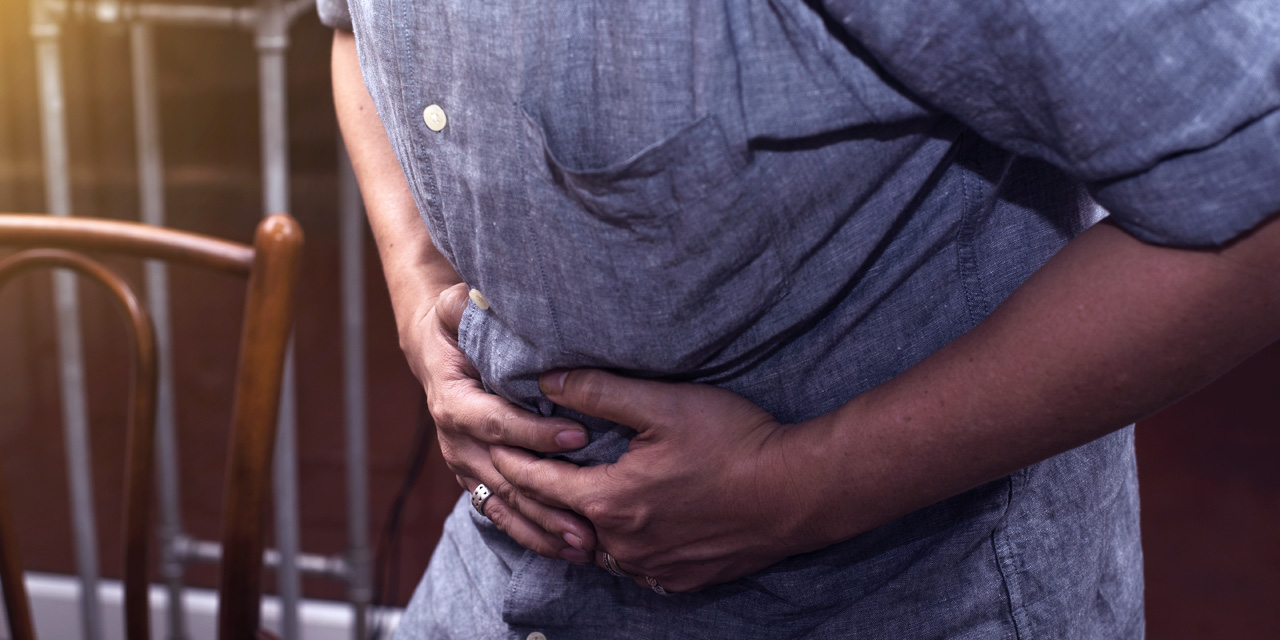
Colon cancer has become one of the most common cancers to be diagnosed in adolescents and young adults according to the National Cancer Institute, one of the National Institutes of Health’s centers for biomedical research. Many cases of young adults in their 20s and 30s being diagnosed with late-stage colorectal cancer happen when early warning signs and symptoms go largely ignored because patients think they are too young.
What makes diagnosing colorectal cancer in young adults and adolescents so challenging? First, it can be difficult or feel embarrassing to discuss the topic of changes in your bowel habits with your family or physician. Young adults are also busy working and raising families, and if these symptoms don’t appear regularly, they are easily dismissed because it can be hard to find the time to make an appointment with your doctor. Rectal bleeding is a perfect example of this, as it is commonly mistaken for hemorrhoids, which often resolve on their own with at-home treatment.
Even if you exercise daily and eat a clean diet, it’s still possible to get colon cancer. But your body will benefit in many ways from dieting and exercise and it can prevent other health conditions that could make colorectal cancer worse. Still, researchers have yet to find the exact cause behind why so many young people are being diagnosed. Genetics and family history can predispose you to colorectal cancer, and it has also been associated with environmental factors such as smoking, excessive alcohol consumption, a sedentary lifestyle, being overweight or obese, and eating a diet consisting of high fat, low-fiber, and highly processed foods.
Being informed enough to recognize abnormal symptoms or knowing when it’s time to get a colonoscopy can save your life. The earlier we can catch cancer, the more treatable it is.
Don’t hesitate to talk to your doctor if you notice any of the following symptoms of colon cancer:
Unfortunately, diagnoses of colon cancer in younger people are on the rise, and though men are slightly more likely to be diagnosed than women, females are still at risk. Though they may not be comfortable or fun conversations, it’s important to discuss your family health history with relatives and share this information with your healthcare provider. This allows them to proactively take measures to screen and test you for certain conditions or diseases, identify early warning signs, make preventative treatment recommendations, or provide referrals to specialists when further care is necessary.
Find a Specialist Near You
Call (716) 706-2112